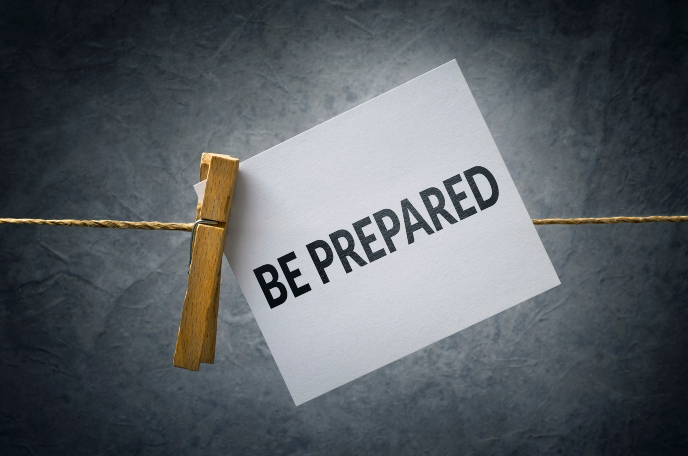The 31 January deadline is over, and your self-assessment tax returns have been filed – phew. January is always a busy month for the team at AMR Bookkeeping Solutions, and while it’s another year until the next deadline, we think it’s never too early to get prepared.
Completing the self-assessment tax return is a task that many self-employed workers dread, but failing to prepare throughout the year makes the process more intensive and stressful than it needs to be when the January deadline starts to loom.
To make sure you’re not panicking at the last minute, we’ve put together our top tips to help you get ready for January 2023.
Know your UTR number
In order to file your self-assessment tax returns, you’ll need your unique taxpayer reference (UTR) number.

This is a ten-digit number given to you when you register for self-assessment or set up a limited company.
You only need to apply for a UTR number once. If you’re filing a self-assessment tax return for the first time, it is crucial to apply for your UTR number well in advance of the 31 January deadline – you can submit your application here: https://www.gov.uk/register-for-self-assessment/self-employed.
It can take up to 10 days to receive your UTR number in the post once you have applied (21 days if you are abroad). On top of this, you can expect an additional 10 days to receive your activation code, so don’t leave it until January.
If you already have a UTR number but don’t know where to find it, it should be on your previous tax returns, or other documents received from HMRC, such as a payment notice.
Sort out your filing systems
Throughout the year, it’s crucial to keep and file all your relevant paperwork so that when it comes to filling out your tax return, you’ll have all the necessary documents to hand. It’s sensible to invest in a dedicated filing system where you can securely store your documents.
Relevant documents you will need when filling out your self-assessment tax return include:
- Documents indicating business expenses
- Annual pension statement
- Interest earned on accounts
- Gift Aid payments
- Earnings from investment and other income
- Income from tenants
- Where applicable, P60, P11D and P45
Keep track of income and expenditure
Keep accurate records of your business income and expenditure throughout the year – and make sure you date every document. Every month, conduct a review. Compare your records with your bank statements to make sure they match up. Where human error has crept in, it will be far easier to rectify on a month-by-month basis.
Know what taxes you need to pay
Of course, the taxes you pay depend on the amount of money you, or your business makes. It’s vital to keep track of your obligations as they may not remain the same year on year. You should also check if you are eligible for any business tax relief schemes. Creating an HMRC business tax account is one of the best ways to keep track of your responsibilities and manage your taxes in one place.
It’s also important to know which business expenses are tax deductible.
Consider getting the help of a bookkeeper
If you’re still struggling to keep on top of your company’s books and associated administration, or paperwork is eating into time that could be spent growing your business, it might be time to consider employing a professional bookkeeping service like AMR Bookkeeping Solutions.
We regularly help self-employed individuals and business owners with keeping their books up to date, including managing receipts, petty cash, payroll and associated documentation such as P45s and P60s. Our services can help freelance workers and businesses keep detailed, accurate records of all their work-related finances.
If you would like to know more about how we can help you with staying on top of the preparation for your self-assessment tax returns, or any other bookkeeping needs, please give us a call on 01892 559480, or get in touch via our online enquiry form.







